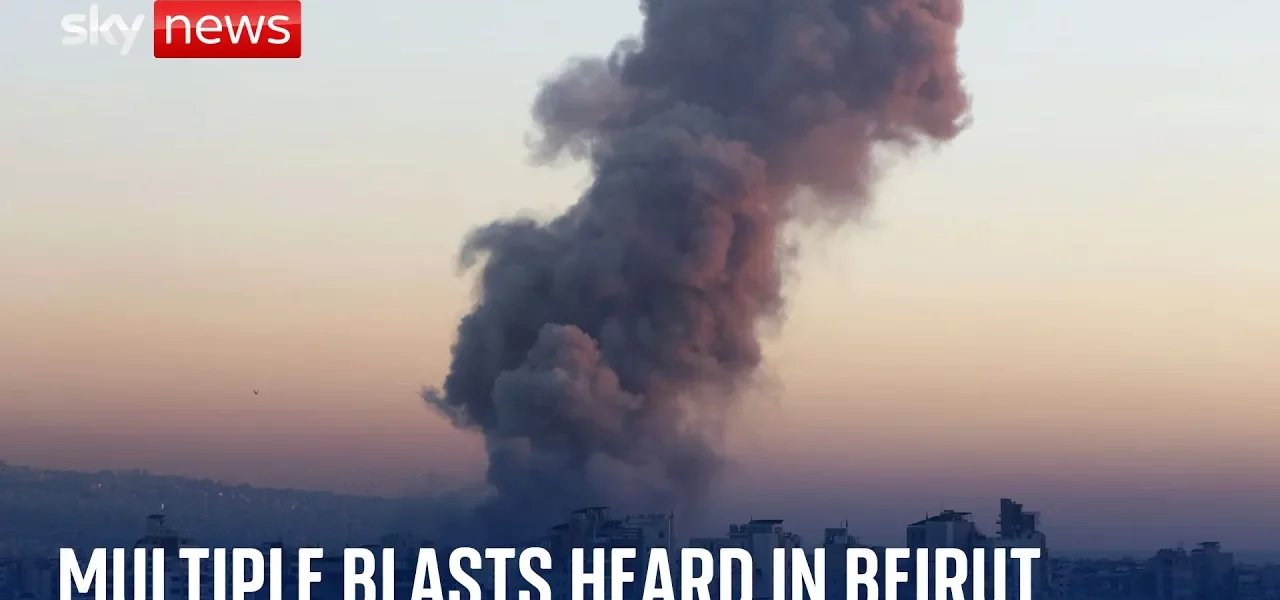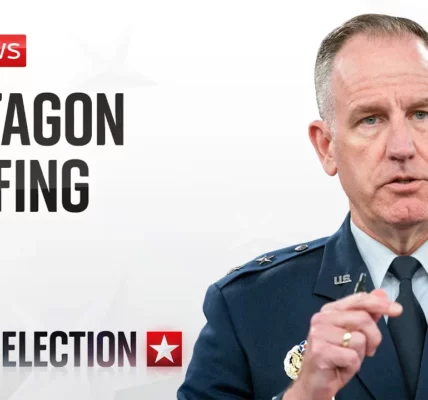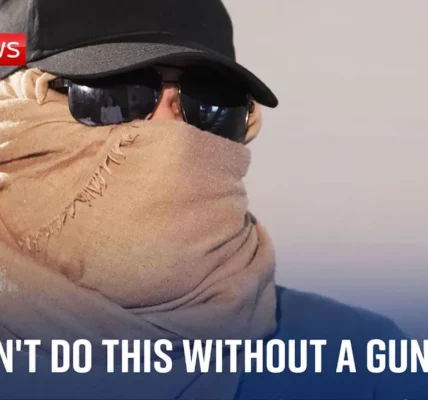Major Explosions Rock Beirut: Israeli Air Strikes Target Hezbollah

The recent surge of violence in Beirut, marked by a series of large explosions targeting Hezbollah-controlled areas, has raised alarms about the intensifying conflict in Lebanon. This article delves into the details of these events, the implications for Hezbollah, and the broader geopolitical landscape.
Introduction
On a tense day in Beirut, a series of air strikes executed by Israeli forces have led to significant explosions, primarily affecting the Dahia district, a stronghold for Hezbollah. This escalation not only highlights the deteriorating security situation in Lebanon but also underscores the vulnerability of Hezbollah, an organization that has faced intense scrutiny and military action in recent days. With the conflict rapidly advancing beyond its previous boundaries, the implications for the region are profound and potentially destabilizing.
The Explosions: A Closer Look
The explosions that occurred approximately 15 minutes prior to reporting were not isolated incidents. They are part of a broader pattern of aggression observed over the past week. The following subsections provide insights into the specifics of these strikes:
Location and Impact
The strikes primarily targeted the Dahia district, known for its dense population and significance as a Hezbollah stronghold. The aftermath of the explosions resulted in:
- Visible plumes of black smoke rising over the city.
- Destruction of key infrastructure within the neighborhood.
- Casualties reported, with estimates indicating up to 700 fatalities across Lebanon in recent days.
Frequency and Intensity
Reports suggest that this series of strikes marks the most extensive bombardment of the capital in recent memory. Key observations include:
- Five separate attacks on Dahia in the past week.
- Strikes extending beyond Dahia, affecting various parts of Beirut.
- Targeting of high-profile Hezbollah leaders, further destabilizing the organization.
Hezbollah’s Vulnerability
The recent air strikes have raised critical questions about Hezbollah’s operational capacity and its ability to safeguard its leadership. The following points illustrate this vulnerability:
Loss of Leadership
Israeli forces have reportedly succeeded in eliminating top Hezbollah commanders, including:
- Mohammad Surir, head of the drone division.
- Several other senior figures whose identities are yet to be confirmed.
This trend signals a tactical shift, where Israeli intelligence and military operations are effectively disrupting Hezbollah’s command structure.
Communication Breakdown
Hezbollah’s communication infrastructure has suffered significant damage, complicating its operational effectiveness. Key points include:
- Disruption of internal communications.
- Inability to coordinate a cohesive response to Israeli actions.
The Broader Geopolitical Context
The situation in Lebanon is further complicated by the broader geopolitical landscape. The following aspects are crucial in understanding the current dynamics:
Ceasefire Talks and Their Implications
Discussions surrounding a potential ceasefire have largely dissipated, with significant implications for both Hezbollah and the Lebanese populace. Key observations include:
- Previous hopes for a ceasefire were dashed amid ongoing hostilities.
- Israeli Prime Minister Benjamin Netanyahu’s statements reflect a hardline approach, asserting that the country is “fighting for its life.”
Public Sentiment in Lebanon
The Lebanese public appears largely opposed to the escalation of violence. Many citizens feel that:
- They are being dragged into a conflict they did not choose.
- Existing economic and political crises are being exacerbated by the conflict.
Conclusion
The recent explosions in Beirut signify a troubling escalation in the Israeli-Hezbollah conflict, highlighting the latter’s vulnerabilities and raising urgent questions about the future of stability in Lebanon. As these events unfold, it is imperative for international observers to remain vigilant and consider the broader implications not only for Lebanon but for regional security as a whole. We encourage readers to stay informed about ongoing developments and consider the complex realities faced by those living in conflict zones.
For further reading on the implications of this conflict, check our articles on Middle East Tensions and Hezbollah’s Role in Lebanon.
“`




